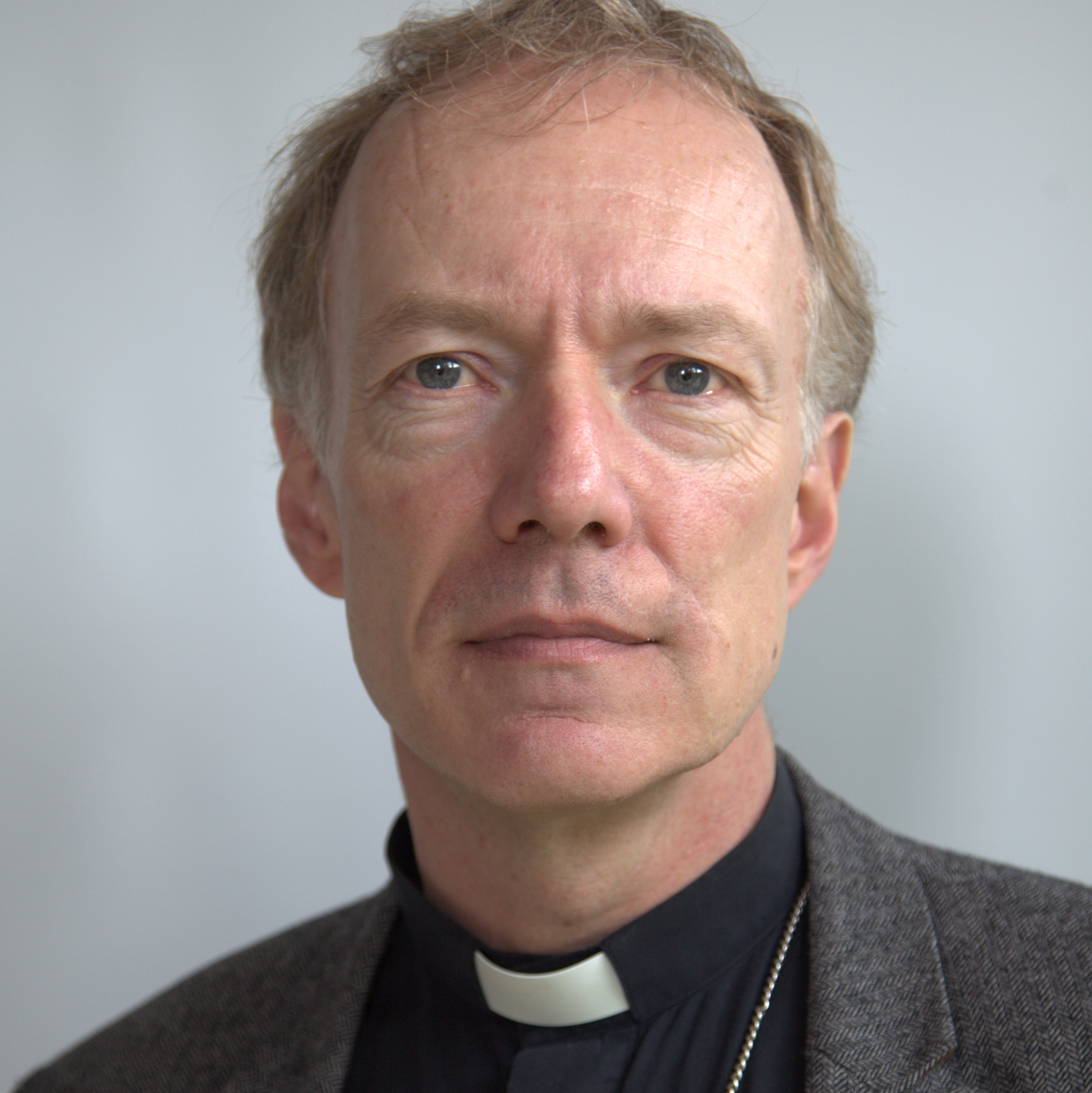
The Archbishop of Canterbury caused a flurry of media attention before Christmas when he was quoted as saying God is not male or female.God is not definable.He elaborated by explaining that all descriptions of God were to some degree metaphorical and that His Characterisation as father could not be understood in exactly the same way as an earthly father.
Despite such theological wisdom, the Christian image of God as a male heavenly father runs deep and has permeated our church structures for almost two millennia, ever since the early church embraced the idea of hierarchy with, inevitably, males at the top and a God with male attributes set over all.
With the advent of women priests and Bishops, the Church of England appears a little less patriarchal but deference to, and a preference for, male authority still runs deep.Witness the huge number of parishes which have still never had a woman vicar.The mantra father knows best is a default assumption in many places rather than a historic relic, although the father in question may equally well wear a sharp suit as a flowing cassock.
The unspeakable crimes of abuse that have been facilitated by such a culture will forever shame the church, and the Church of England will continue to fall under the spotlight as the national Safeguarding enquiry continues its investigations in 2019.But while our awareness of abuse tends to centre on the abuse of children and vulnerable adults, domestic abuse perpetrated by men against women should cause us equal concern, especially as it is just as likely to be taking place within our church communities as outside.
In 2018 research among churchgoers in Cumbria concluded that one in four churchgoers in that area had experienced domestic abuse and/or violence within their current relationships.This is in line with UK wide statistics about the prevalence of domestic abuse.
We cannot pretend that this is an issue that does not affect those within our churches, but we do have a choice as to whether we ignore it or whether we use our awareness as a basis for action.A starting point might be to consider what appropriate forms of pastoral support could be offered to those suffering from forms of domestic abuse.How and where might safe places be created? What resources would be needed to make our churches places of sanctuary and healing? Questions, the answer to which father may well not be the person who knows best, but which must be addressed if our churches are to be the conduits through which captives are set free and fear is cast out by love.
+Clive
The Rt Revd Clive Gregory
Bishop of Wolverhampton